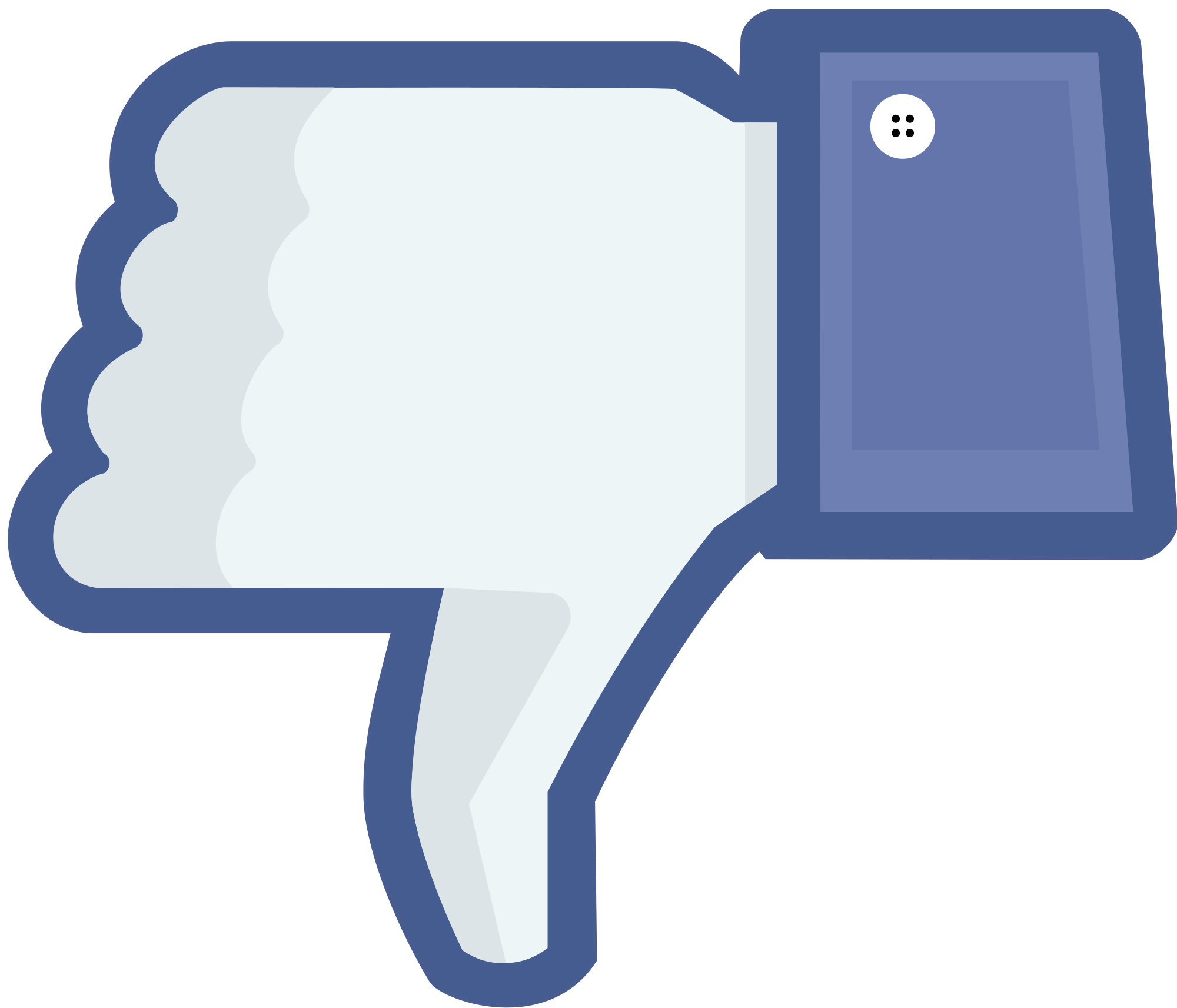It’s an interesting world we live in today – every opinion we have, every moment of clarity (or angst), every meal we eat, can be instantly disseminated and shared with people all over the world. We are a generation without internal thought and reflection because, whether it’s worthy of publicizing or not, we can share every microscopic tidbit of our lives. There’s debate whether this is a positive or negative phenomenon, and I always seems to come down on the negative side. Not because I don’t enjoy digesting the ups and downs of people I know in minute detail, but because not all of these additions to the public sphere are necessary.
Reading John Green’s The Fault in Our Stars recently, this has never been more true. Now you may judge my decision to read what is tantamount to a teenage tear-jerker, and I know that there has been a lot of buzz about this book (mainly due to the recent-ish movie release) but I truly believe that in our lifetime, there will be books so infamous, that they become steeped in popular culture. Fifty Shades of Grey is a good example; so is The Da Vinci Code, Harry Potter, and of course, Twilight. Don’t misunderstand me – I’m not saying that these books are always worth the read, and I’m certainly not suggesting that everyone must read them. I simply mean that they become so popular and well-known that it becomes unusual to encounter someone who hasn’t heard of them. But I digress…
My point is that I was reading The Fault in Our Stars on my Kobo App and I encountered a bizarre culmination of popular fiction meeting social media. There were comments. Added to the book. By avid and angsty readers intent on illuminating the rest of the e-reading world on their innermost thoughts and feelings.
Now I know making notes in the margins has always been a literary thing but this is not what these comments were.
“So sad!” came up repeatedly. As did “OMG!” and “this book is sooo good!” I know, you think me a snob for being irritated by these comments, and you could definitely argue that I didn’t have to read them, but I did have to, you see. Because every time I saw that little blue bubble, I couldn’t keep myself from tapping it; every time, I convinced myself that it might be some deep and meaningful idea that would transform the way I read Green’s words.
But alas, no. Every single addition was vapid and unnecessary, with an overarching vibe of desperation and loneliness, reaching out to the world, grasping at any form of publicity and socialization it could finagle.
So I guess my point is this: social media is here to stay, we’re stuck with it. I can accept that fact. But please, for the love of all that is literary, keep your comments out of the prose, and off my page (at least until you review it on Goodreads)!
-Madison
P.S. It was a worthy read. And I absolutely did sob into my pillow.









One Response to Social Media is Ruining Literature